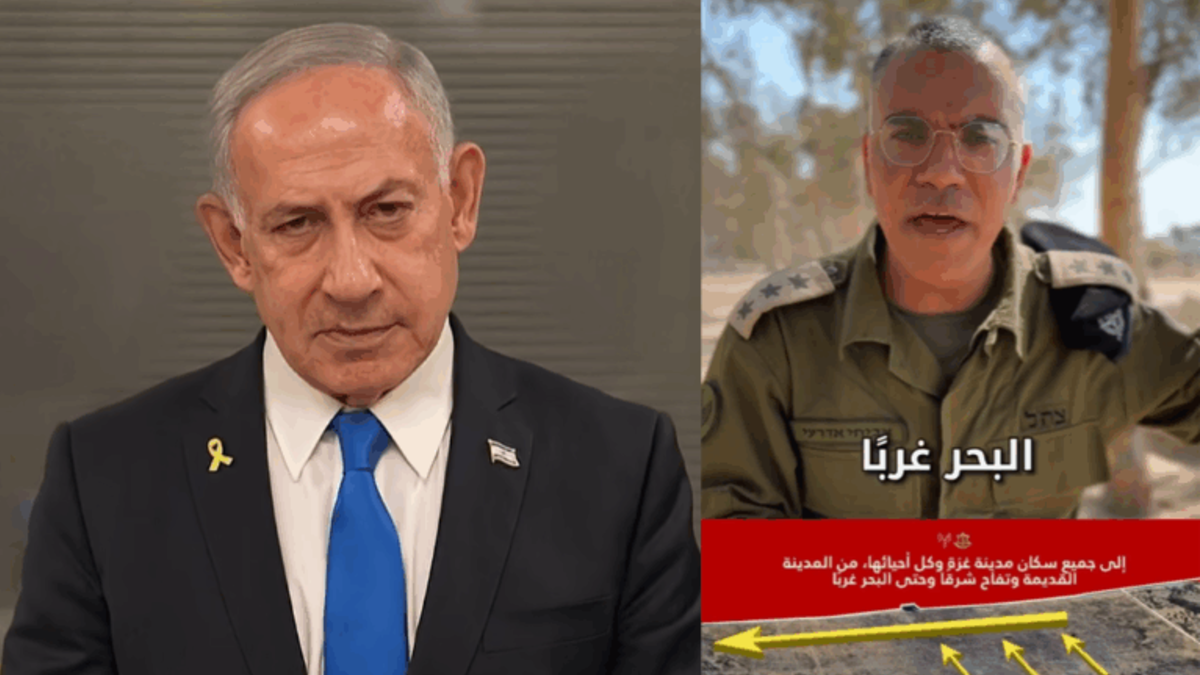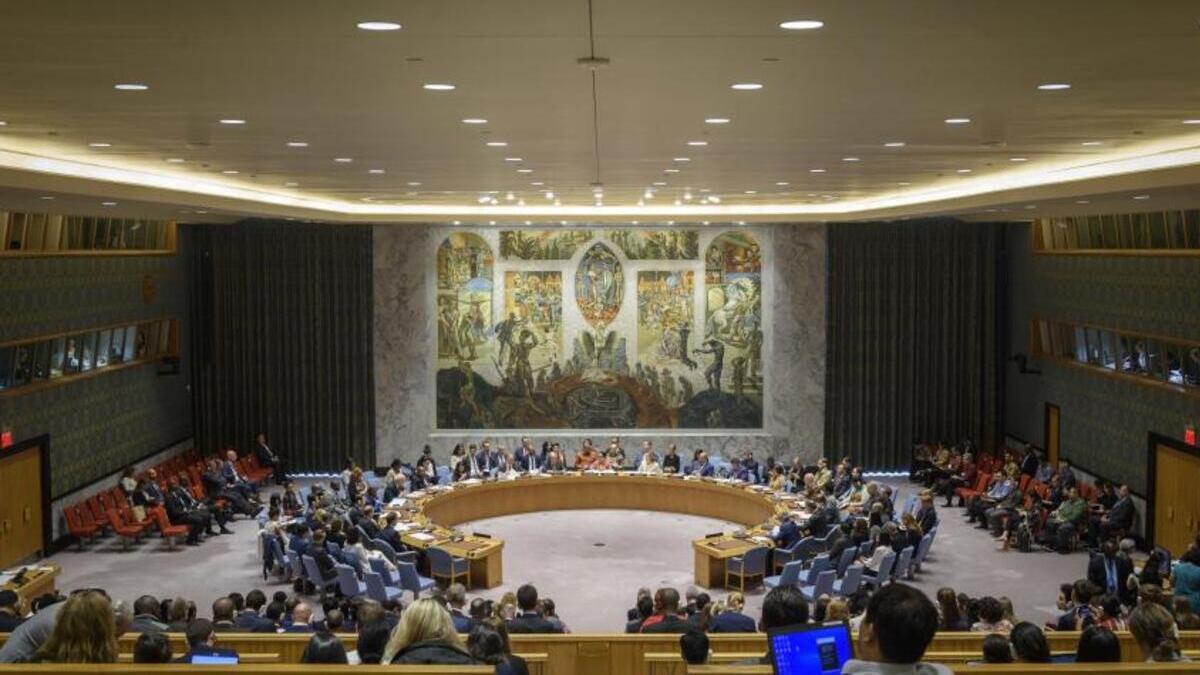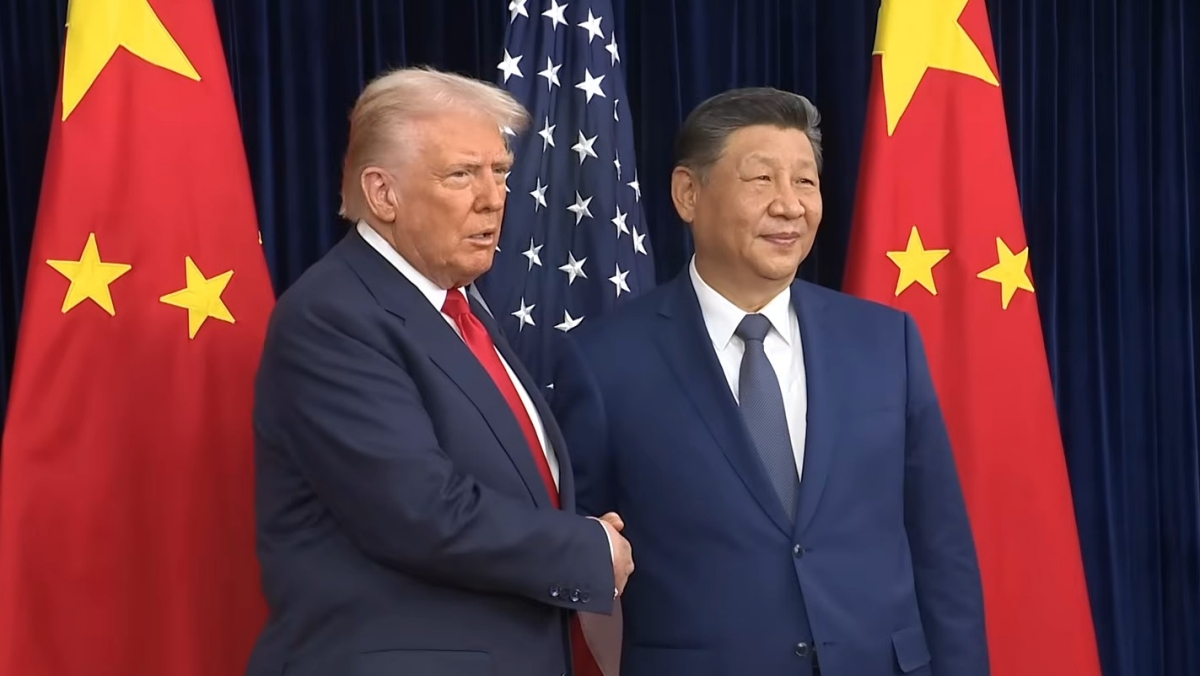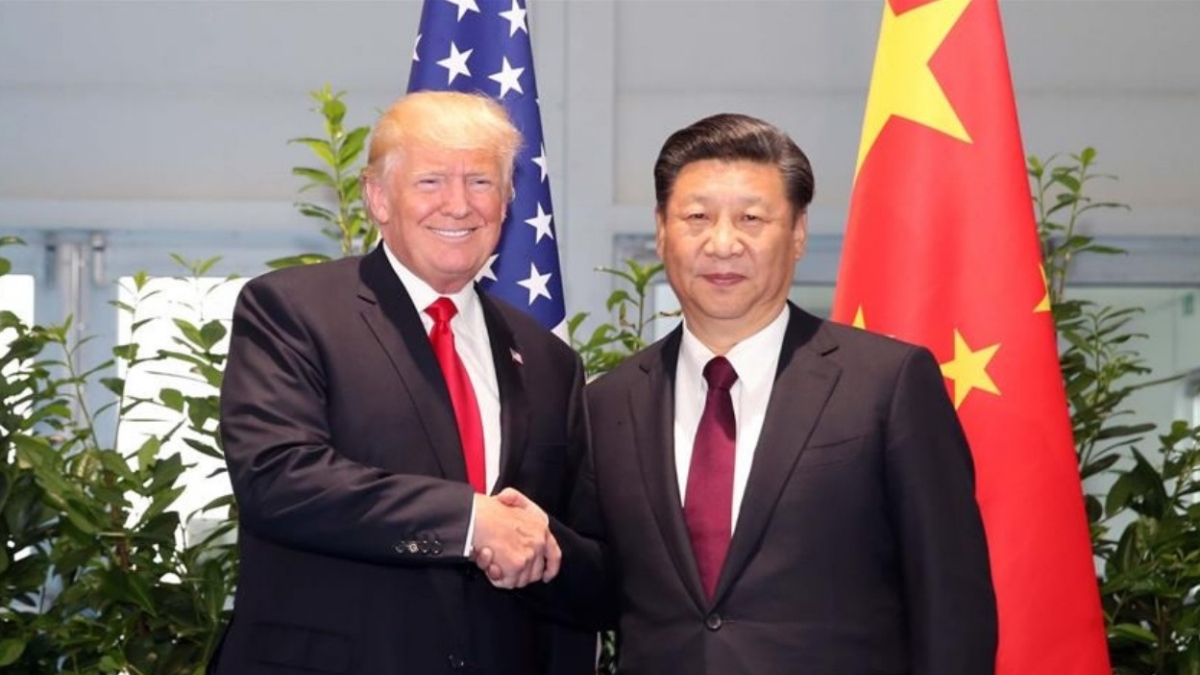Netanyahu signs off on E1 settlement expansion, declares end to Palestinian statehood hopes
Israeli Prime Minister Benjamin Netanyahu has approved the long-stalled E1 settlement plan in the occupied West Bank, asserting that “there will never be a Palestinian state.” The move, condemned internationally, threatens to derail the two-state framework as global allies weigh recognition of Palestine at the upcoming United Nations General Assembly.
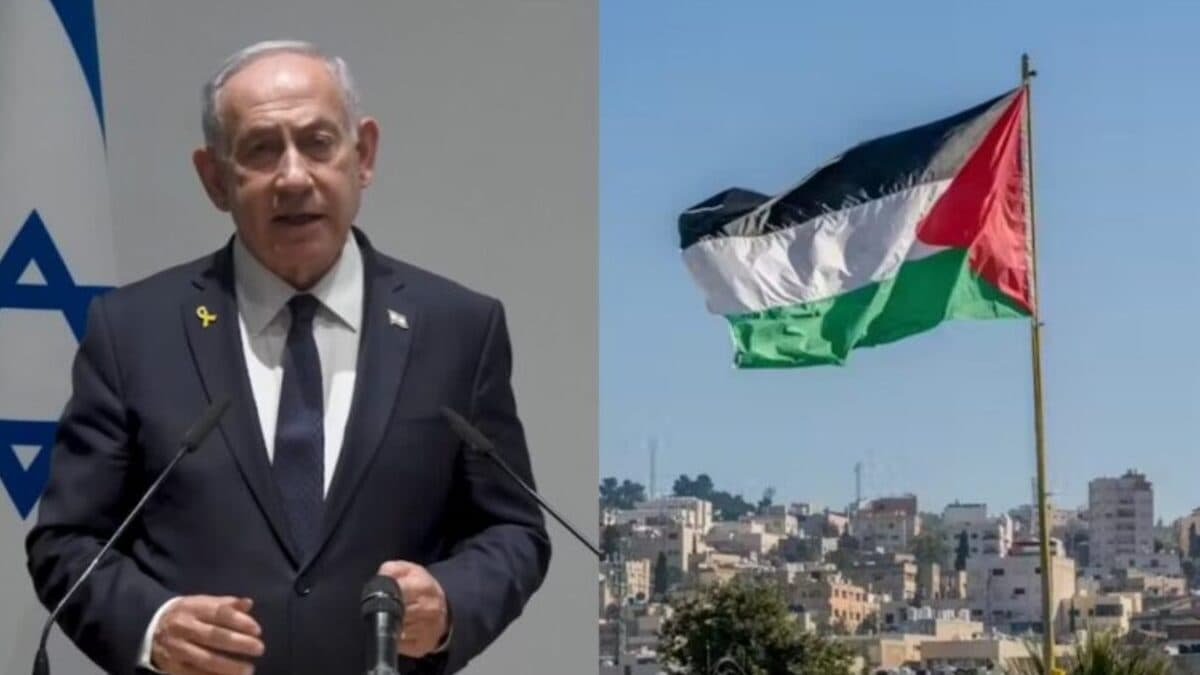
- Netanyahu signed the E1 settlement expansion plan on 11 September 2025, declaring Israel’s permanent control of the West Bank.
- The US$1 billion project will build thousands of homes between Jerusalem and Maale Adumim, effectively bisecting Palestinian territories.
- Western and regional governments warn it could permanently end hopes for a two-state solution.
Israeli Prime Minister Benjamin Netanyahu has formally approved the long-disputed E1 settlement expansion plan, a project that could sever the occupied West Bank and destroy prospects for a contiguous Palestinian state.
The signing took place on 11 September 2025 at Maale Adumim, one of the largest Israeli settlements in the West Bank. Flanked by senior ministers and right-wing coalition partners, Netanyahu declared that Israel would proceed with full control over the disputed territory.
“There will never be a Palestinian state,” he said. “This place is ours — our heritage, our land, our future.”
The E1 plan — short for “East 1” — has been one of the most contentious settlement projects in Israel’s modern history. It aims to link Maale Adumim directly to Jerusalem through new housing, roads, and industrial zones. Critics say it would physically divide the West Bank, cutting off Palestinian population centres and making the creation of a viable state impossible.
A project with long diplomatic history
Originally conceived in the early 2000s, the E1 plan has been repeatedly frozen under international pressure. In both 2012 and 2020, the United States and European governments warned Israel against proceeding, arguing that the project violated international law and jeopardised the peace process.
Despite this, Israel’s Defence Ministry planning commission granted final approval for construction in August 2025, paving the way for Netanyahu’s signature.
Government figures said infrastructure works would begin within months, with investment projected to reach nearly US$1 billion.
Far-right allies celebrate “historic moment”
At the ceremony, Finance Minister Bezalel Smotrich, a leading figure in Israel’s far-right Religious Zionism Party, hailed the move as “the burial of the two-state illusion.”
“The concept of a Palestinian state is being erased from the table,” Smotrich declared. “Not with slogans, but with actions.”
Members of Netanyahu’s coalition, many of whom have long championed the expansion of settlements in the West Bank, described the signing as a “victory for the Jewish nation.”
Regional and international backlash
The announcement drew swift condemnation from Arab states, the European Union, and the United Nations.
Palestinian Authority spokesperson Nabil Abu Rudeineh said Netanyahu was “pushing the entire region towards the abyss.”
“Israeli settlements are illegal under international law,” Rudeineh said. “The creation of a Palestinian state with East Jerusalem as its capital is inevitable — it is not a dream but a right.”
He urged countries that have not yet recognised Palestine to do so immediately, noting that 149 of the UN’s 193 member states already have.
The E1 expansion came just two days after Israel launched an air strike in Doha, Qatar, targeting senior Hamas leaders — an operation condemned by several governments as a violation of sovereignty.
Western allies, already alarmed by Israel’s ongoing war in Gaza, warned that reviving the E1 project could isolate Israel further. Diplomatic sources told regional media that several European and Latin American nations were preparing to formally recognise Palestine during the upcoming UN General Assembly session.
Israel’s actions strain global alliances
Analysts say Netanyahu’s move represents a sharp shift away from the traditional balancing act that previous Israeli governments maintained between domestic nationalist pressures and international diplomacy.
The United States and the European Union have consistently opposed construction in E1, warning that it would destroy the territorial continuity needed for a two-state solution.
“E1 is the red line that ends the peace process,” said one European diplomat quoted by Reuters. “If this proceeds, recognition of Palestine will follow swiftly.”
Singapore reiterates support for dialogue
Singapore, which has historically maintained balanced relations with both Israel and the Palestinian Authority, reaffirmed its commitment to negotiations this week.
According to the Ministry of Foreign Affairs (MFA), Foreign Minister Vivian Balakrishnan held separate phone calls with Palestinian Foreign Affairs and Expatriates Minister Varsen Aghabekian Shahin on 9 September and Israeli Foreign Minister Gideon Moshe Sa’ar on 10 September.
The MFA described the discussions as “candid and open,” adding that Dr Balakrishnan had expressed “grave concern” over the humanitarian crisis in Gaza.
He urged an immediate ceasefire and the unconditional release of hostages, while reiterating Singapore’s support for a negotiated two-state solution based on UN Security Council resolutions.
Dr Balakrishnan also warned Sa’ar that Israel’s expanding military campaign in Gaza and unilateral actions such as settlement growth were worsening civilian suffering and eroding prospects for peace.
While acknowledging Israel’s right to self-defence following the 7 October 2023 Hamas attacks, Singapore called for restraint and the facilitation of humanitarian aid.
Condemnation of Doha strike
Singapore’s foreign ministry also strongly criticised Israel’s 9 September air strike on Doha, describing it as a “blatant violation of the sovereignty of Qatar.”
The MFA said the attack “jeopardises ongoing ceasefire and hostage negotiations” and urged Israel to avoid actions that could escalate regional instability.
Broader implications for peace process
Diplomats and observers warn that Netanyahu’s endorsement of E1 could mark the formal end of the two-state framework — long the cornerstone of international peacemaking efforts in the region.
If constructed, the E1 corridor would slice through Palestinian territories in the central West Bank, isolating Ramallah and Bethlehem from East Jerusalem, which Palestinians claim as their future capital.
Israel’s latest moves, coupled with its ongoing military operations in Gaza and the assassination attempt in Qatar, have placed it at the centre of renewed global debate.
With the UN General Assembly scheduled to convene later this month, analysts expect a major diplomatic confrontation over statehood, sovereignty, and Israel’s future standing on the world stage.

